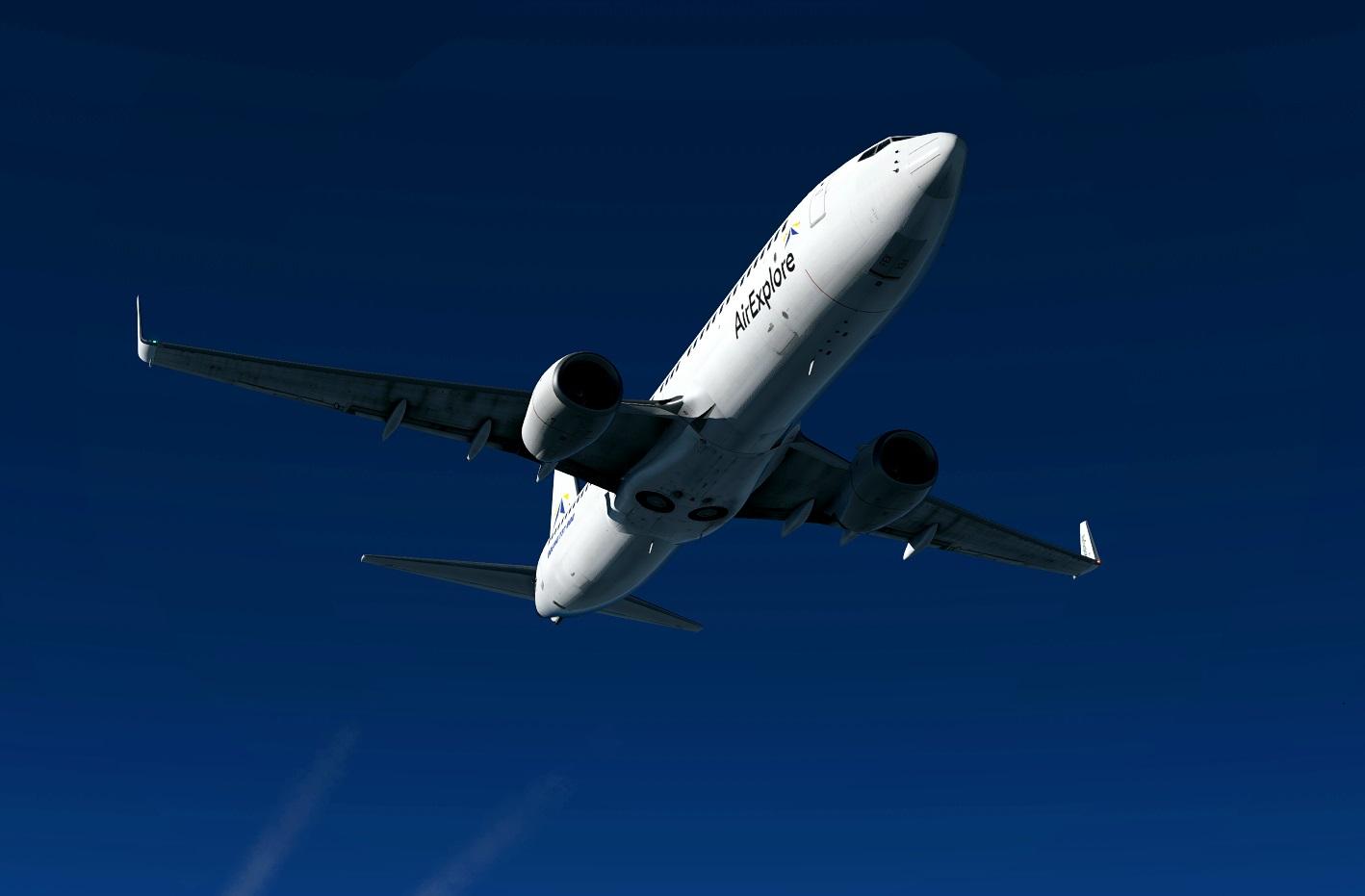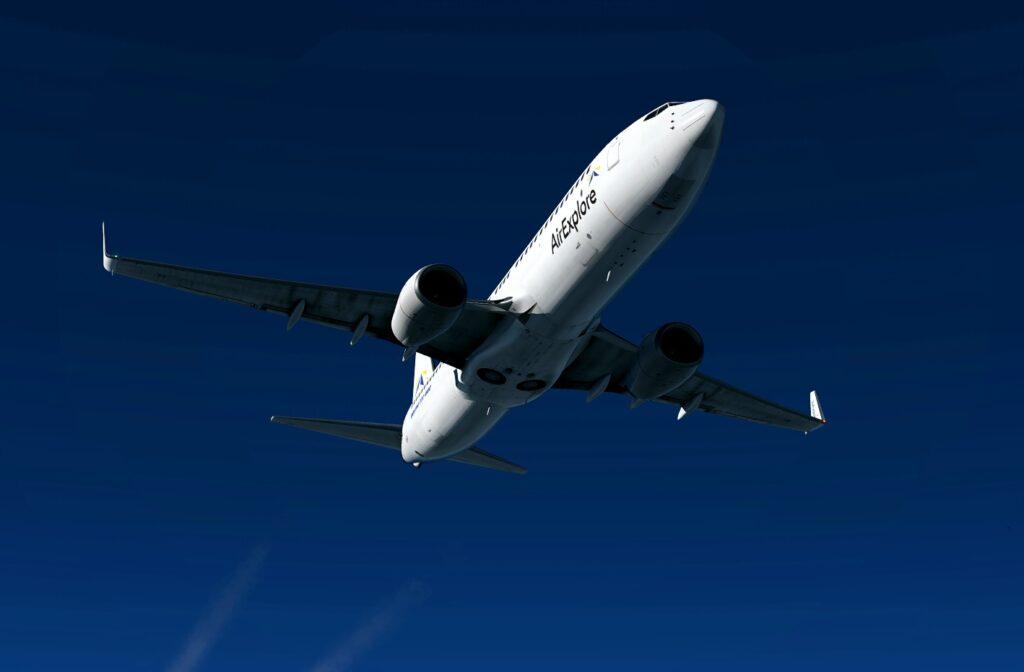Commercial airline operations in Africa are on the verge of significant growth and development. Aircraft manufacturers like Boeing have forecasted that African air traffic will grow by 7.4% annually, outpacing the global average growth rate of 6.1%. While the region’s aviation sector is expanding, the market has unique features and nuances that distinguish flying and airline operations from those in Europe. Facing dramatic revenue fluctuations between peak passenger seasons, airlines are increasingly turning to aircraft, crew, maintenance, and insurance (ACMI) arrangements to deploy aircraft to regions like Africa when travel demand is low in Europe.
AirExplore, Slovakia’s premier airline and a member of Avia Solutions Group, the world’s leading ACMI service provider, recently announced the placement of aircraft in Nigeria this coming winter. Martin Stulajter, Chief Executive Officer of AirExplore, explains how flying in the African continent differs.
“We have signed a contract with a Nigerian airline to provide them with four of our 737-800 aircraft from November 2024 through March 2025,” Stulajter says. “This collaboration will not only benefit the client´s customers but also strengthen our presence in the African aviation market while sustaining revenue during the challenging winter period.”
The four 737-800s represent nearly a quarter of the AirExplore fleet and will provide a total capacity of 730 seats to Africa’s most populous country, where significant growth is expected in its aviation industry. According to the most recently published report, the Nigerian government reported that more than 13 million passengers flew through the country’s 20 airports, indicating a post-COVID growth rate of 43.41%. However, with Africa representing about 20% of the Earth’s land mass, flying there becomes a unique experience for pilots and aircrew.
“Africa is a vast continent, so there are differences depending on the region of operation. We have a lot of experience with operations from bases we had in the North, such as Tunisia and Morocco, but also from more challenging destinations like Nigeria or the Democratic Republic of the Congo,” Stulajter explains. “Overall, flying there is less regulated by ATC because the airspace is less crowded, which some pilots find less stressful than in Europe.”
Stulajter describes that the openness of the airspace allows pilots to employ skills they would not normally use elsewhere. These techniques require aircrew to maintain situational awareness in a manner more akin to the days when individual skill in aircrew was paramount.
While pilots can fly with spirit and candor, many operators might be concerned about the available infrastructure and accommodations for airlines. However, these are not concerns for Stulajter, who says AirExplore’s experience has enabled the airline to operate effectively in Africa.
“We have years of experience in Africa, making it business as usual for us. There are cultural differences, but those exist whether we operate from Europe, the Middle East, or Asia,” he says. “Some bases require different procedures to maintain safety, but generally, we are doers, and that’s what every ACMI airline must be to survive and be profitable.”
Stulajter adds that airport infrastructure varies by destination, and some airports might not be equipped with the same navigation aids pilots use for instrument approaches. Planning is thus crucial in navigating these differences.
“We only fly to airports that meet our minimum requirements, and each airport is scrutinized before we plan our operations there,” Stulajter says. “Maintenance bases in Africa are typically established and operated by our in-house staff, and approved by our regulator, ensuring consistent performance anywhere we operate.”
With Africa’s aviation economy expected to boom in the coming years, AirExplore will leverage its experience to contribute to the development of airlines on the continent. The ACMI services offered by AirExplore can be a vital tool for capacity in the region’s air transport, as airlines employing ACMI have seen profit increases between 2% and 3%.
About Avia Solutions Group:
Avia Solutions Group, the world’s largest ACMI provider (Aircraft, Crew, Maintenance, and Insurance), operating a fleet of 214 aircraft and a parent company to over 100 subsidiaries. The group also provides a range of aviation services: MRO (Maintenance, Repair, and Overhaul), pilot and crew training, ground handling, as well as a variety of associated services. Supported by 12,000 highly skilled aviation professionals.
For more information: www.aviasg.com





